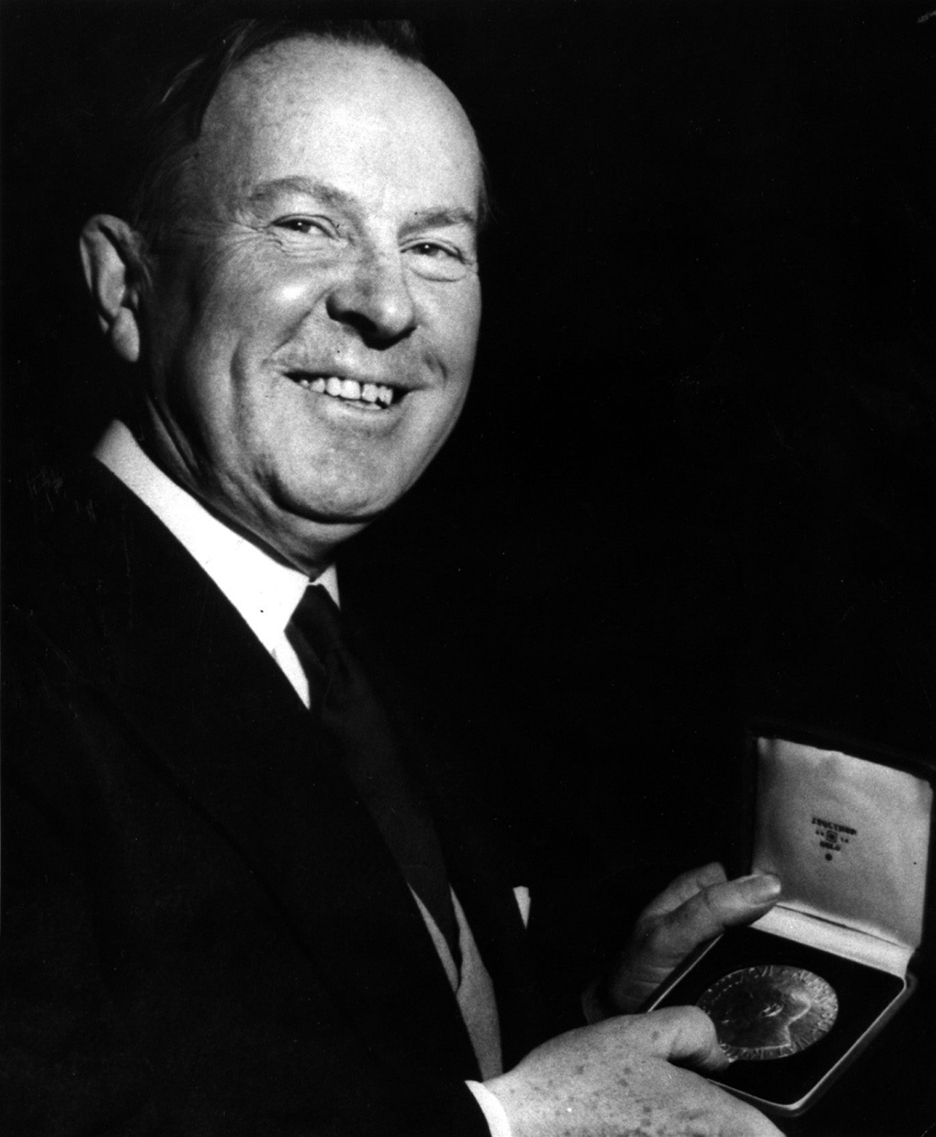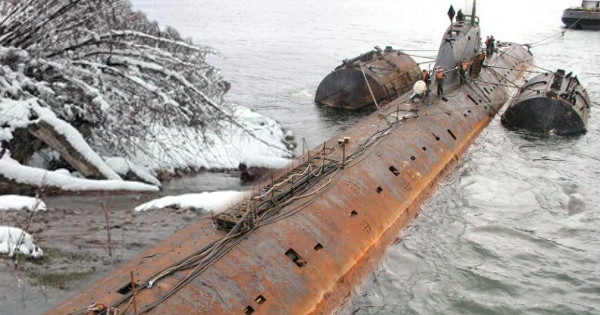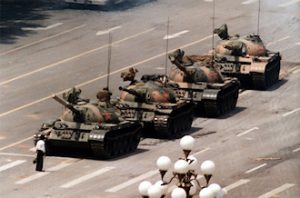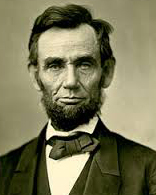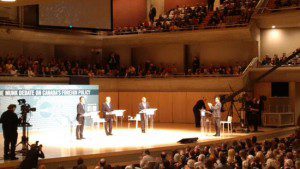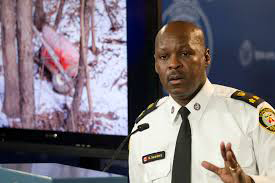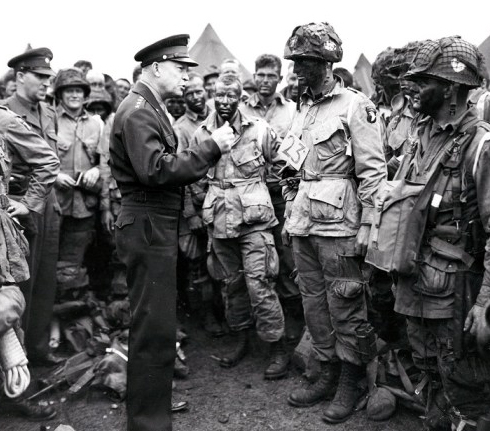
Conditions gave him little cause for optimism. A large low-pressure weather cell had socked-in England and occupied France. Low clouds and high winds portended the worst circumstances for a crossing of the English Channel. The Supreme Headquarters Allied Expeditionary Forces commander chain-smoked his Camel cigarettes and shared stiff drinks with other SHAEF members at the back of the Red Lion public house in Southwick, England, waiting for better news.
It came on June 5, 1944. The rain let up. Winds abated. The Channel calmed. And Gen. Dwight Eisenhower reclaimed the element of surprise and unleashed “Operation Overlord” against Nazi-occupied Europe on June 6, 1944.
“You are about to embark upon a great crusade,” he wrote to Allied troops on the eve of D-Day. “The eyes of the world are upon you…” (more…)
